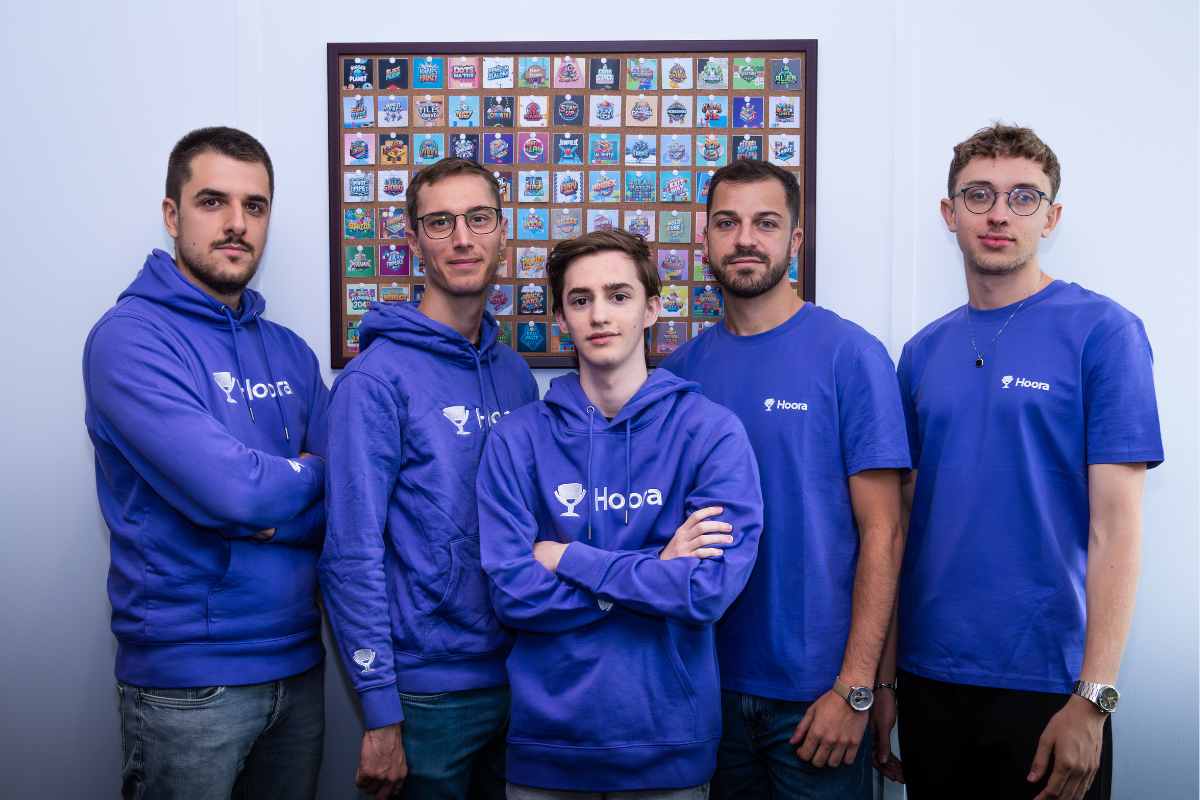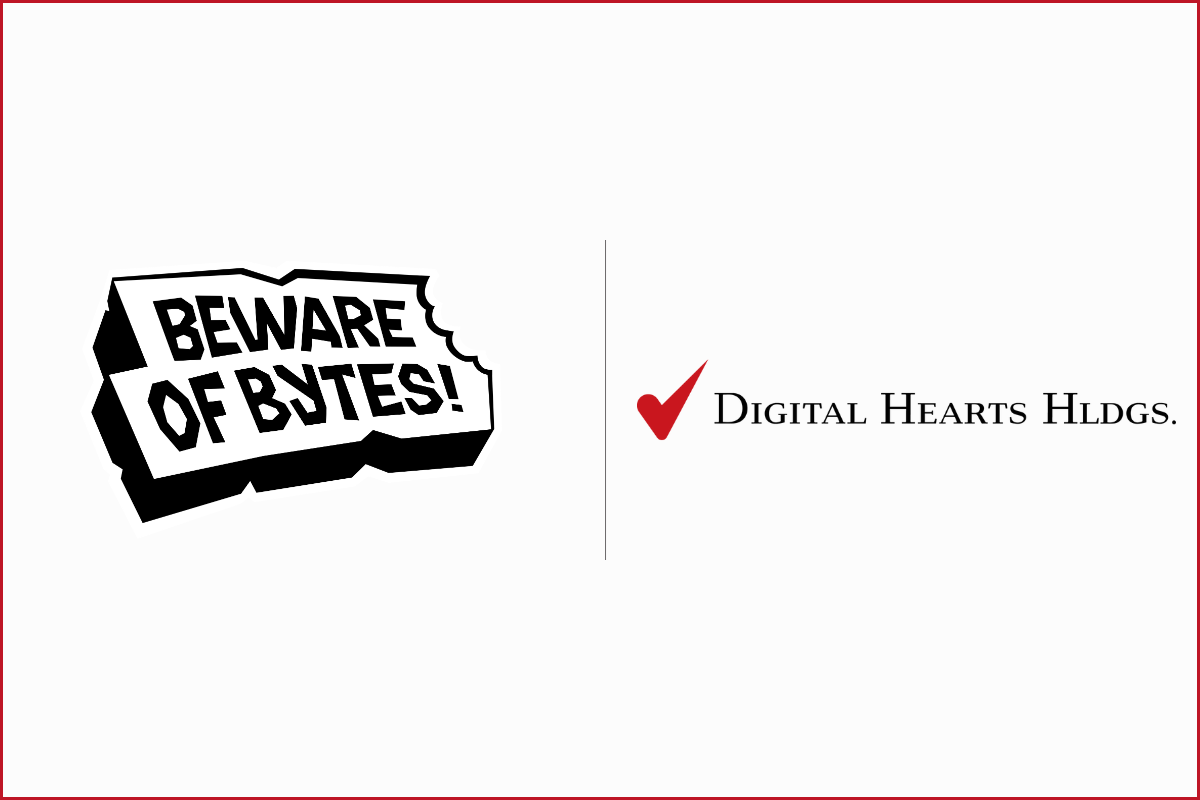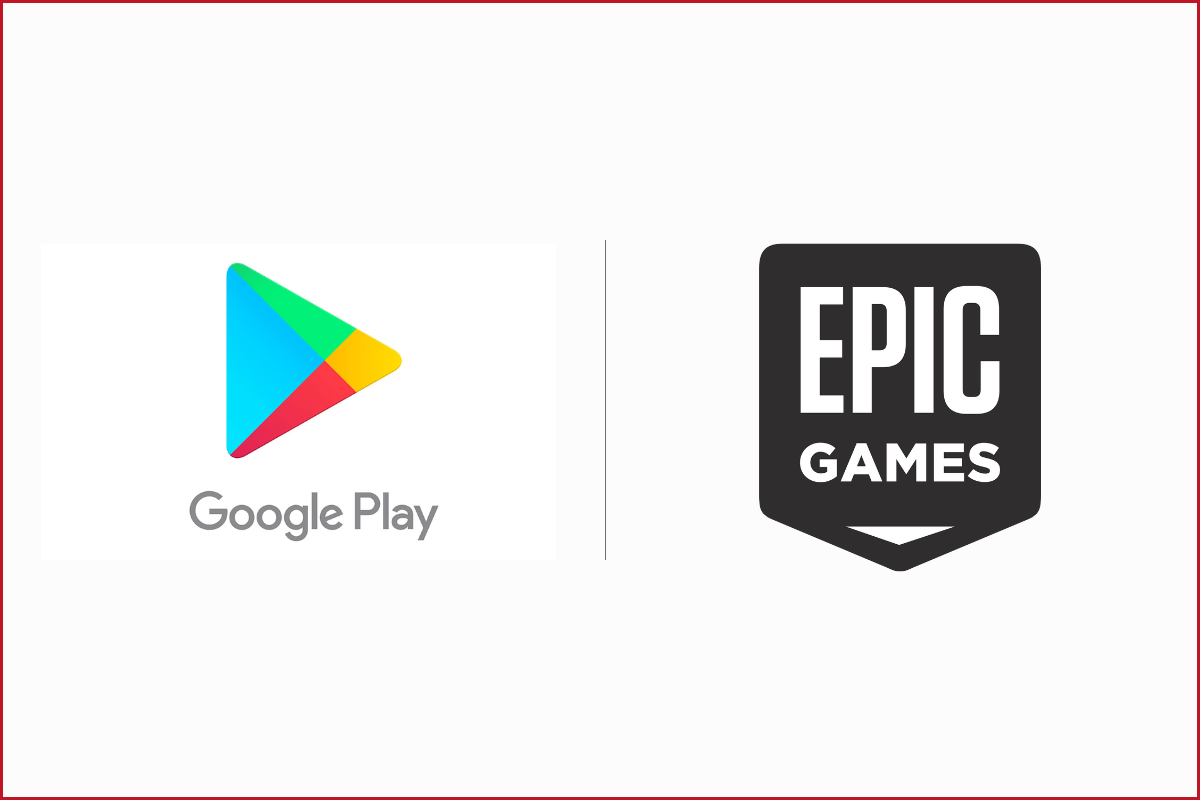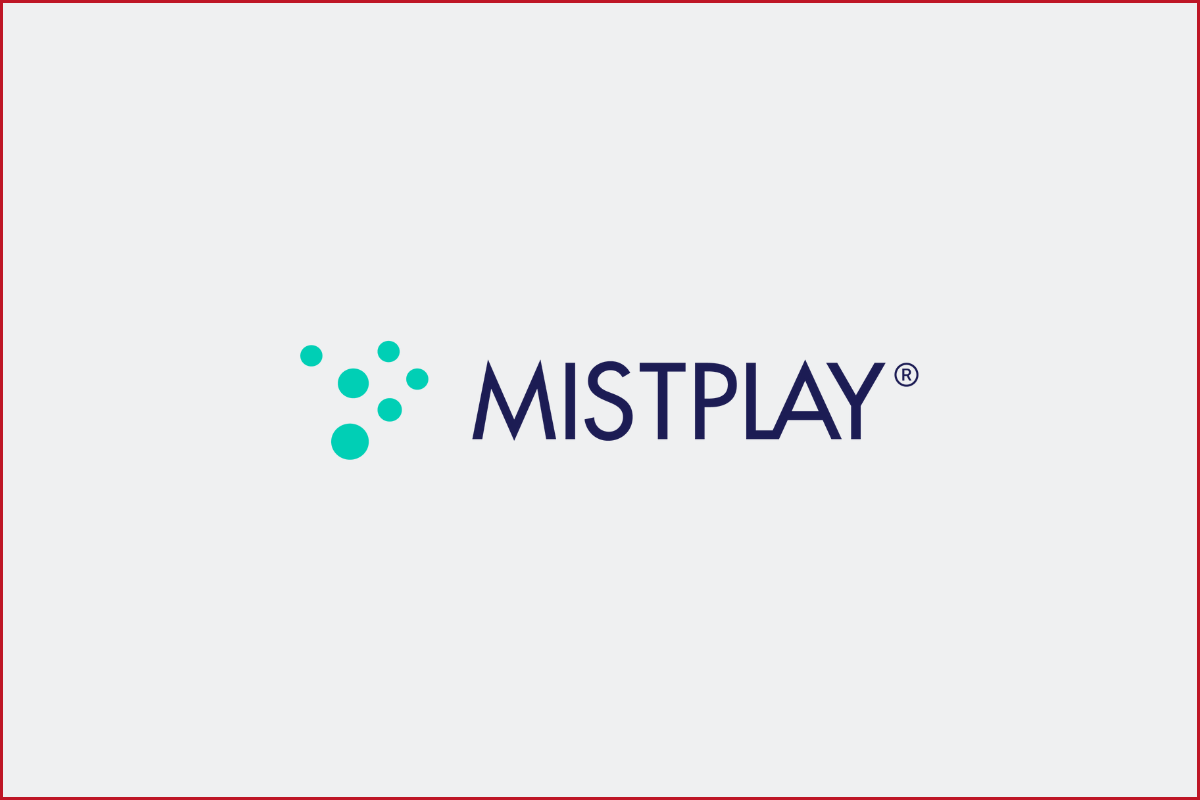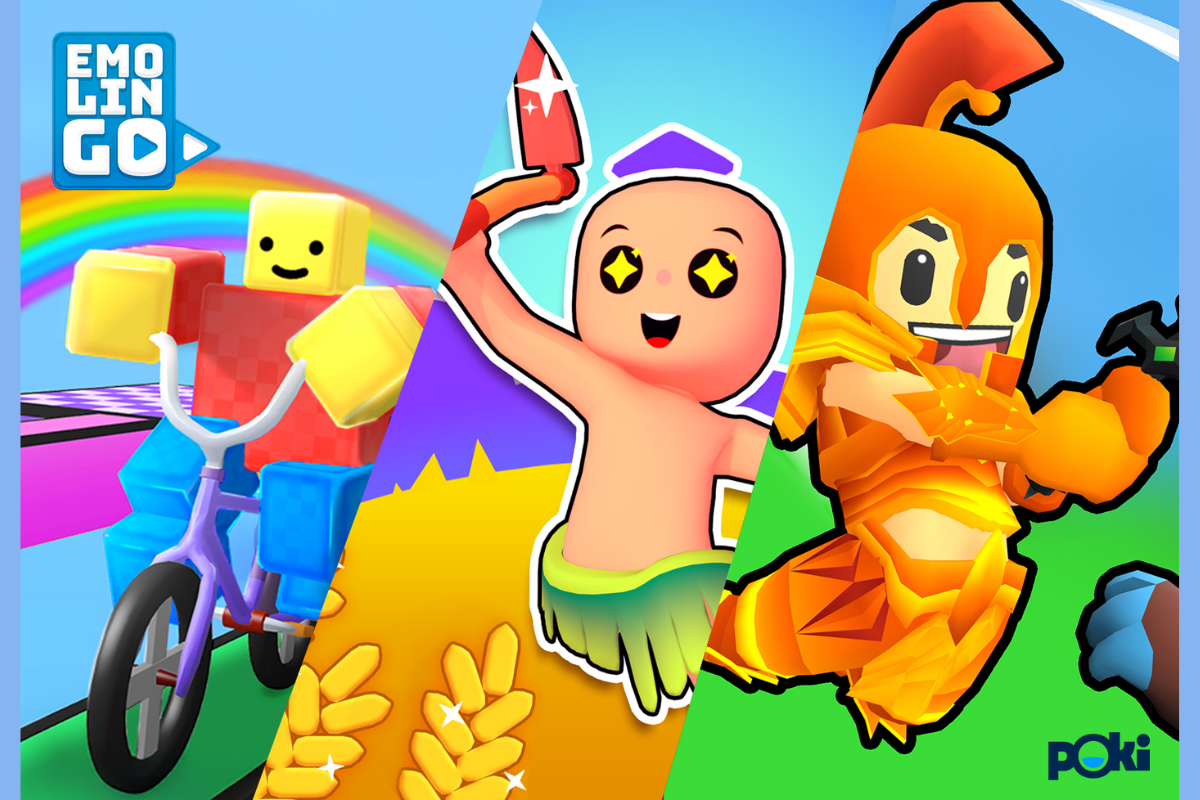The HTML5 games made by Turkish indie developer Emolingo Games are a natural fit for the bold and colorful lineup on the Poki platform, headquartered in Amsterdam, serving over 90 million players each month.
They’re fast-paced, accessible, and capable of racking up staggering play counts. The most impressive part? From concept to release, each title typically takes only about three months to develop.
The numbers speak for themselves. Each of the studio’s eight games released on Poki has surpassed 10 million plays. Two of them have crossed the 75 million mark, and one, Rainbow Obby, has achieved a mind-blowing 100 million gameplays.
Even for Emre Şahin, Co-Founder and Game Designer at Emolingo, the scale can be hard to grasp.
“We’re averaging around 800,000 gameplays per day, and that number keeps growing.
Our concurrent player count jumped from around 1,000 to over 10,000 players actively playing our games at the same time.”
Emre Şahin, Co-Founder and Game Designer at Emolingo Games

Practicality and opportunity
That’s a remarkable feat for a young studio still early in its journey.
“What drew me into HTML5 game development was honestly a mix of practicality and opportunity.
After burning out trying to build larger games on my own, I realized I needed a sustainable way to release smaller projects and actually earn something from them.”
Emre Şahin, Co-Founder and Game Designer at Emolingo Games
With the revenue from their Poki titles, the studio has steadily expanded. Initially a two-person team founded by Şahin and Burak Ersin, Emolingo has grown into a five-person outfit, all working full-time to ship increasingly polished titles.
Poki is now their exclusive platform of choice, and for good reason.
“Most platforms just let you upload and hope for the best. With Poki, it felt more like a partnership.
They gave real feedback, helped us polish the game and stayed involved throughout the process. That kind of relationship was exactly what we needed
Emre Şahin, Co-Founder and Game Designer at Emolingo Games
That feeling is mutual, with Poki emphasizing its commitment to helping studios like Emolingo grow through real collaboration and support.
“We built Poki to give developers a platform where quality HTML5 games could reach a massive audience.
It’s all about supporting studios like Emolingo with real tools and feedback, not just clicks.”
Joep van Duinen, Head of Game Developer Operations & Partnerships at Poki

Room to experiment
The turning point came with the release of Wheat Farming, Emolingo’s first game on Poki. The collaboration quickly evolved into a long-term publishing partnership, one that provided not just funding but also tooling and creative input.
“They didn’t just support the games financially.
They offered feedback, gave us access to helpful P2D tools, proprietary SDK support, and even advised us on game ideas based on player trends.”
Emre Şahin, Co-Founder and Game Designer at Emolingo Games
That accessibility has proven powerful.
“ In Turkiye, a lot of devs focus on hypercasual mobile games because that’s where the publishers are.
But it’s super competitive and hard to break through unless you’re a big studio. With HTML5, I had room to breathe, experiment, and actually grow.”
Emre Şahin, Co-Founder and Game Designer at Emolingo Games
Efficient development pipeline
A major reason for Emolingo’s rapid output is their tight, efficient development pipeline.
“We usually start by importing our standard character controller template into a fresh project. It saves us a lot of time and gives us a solid foundation.”
Emre Şahin, Co-Founder and Game Designer at Emolingo Games
From there, they build the core gameplay, integrate custom 3D assets, and add cosmetics and power-ups to support ad-based monetization. Multiplayer functionality is typically implemented once the gameplay is stable, followed by UI, UX polish, and sound design.
Each game is built by a compact team: one developer, one 3D artist, and Şahin himself, who leads on design, polish, and complex systems.
“After the game is ‘done,’ there’s still about a month of work left: bug fixes, tutorials, and refining the UX based on feedback.”
Emre Şahin, Co-Founder and Game Designer at Emolingo Games
Build, finish, release
That feedback loop is crucial. Once a game reaches feature-complete status, internal testing begins. Then Poki’s Playtest tool comes into play, allowing the team to watch real players engage with the game, highlighting areas of friction, confusion, or delight.
Poki currently has a team of 65 people, with around 20% dedicated to building internal tools that help identify subtle but impactful game design and UX issues early in development. That makes it easier for developers to launch successful web games from the start. Before full release, Emolingo also opens the soft launch to their Discord community of over 100,000 members, gathering yet more data and suggestions.
“It’s a workflow that helps us move fast while staying player-focused.”
Emre Şahin, Co-Founder and Game Designer at Emolingo Games
Looking back, Şahin is grateful not just for the growth of the studio but for having found a sustainable and creatively fulfilling rhythm.
“Success doesn’t come from one lucky game.
It comes from showing up again and again, improving each time.
Don’t wait for things to be perfect. Just start.
Build something small, finish it, release it, and learn from it.”
Emre Şahin, Co-Founder and Game Designer at Emolingo Games

